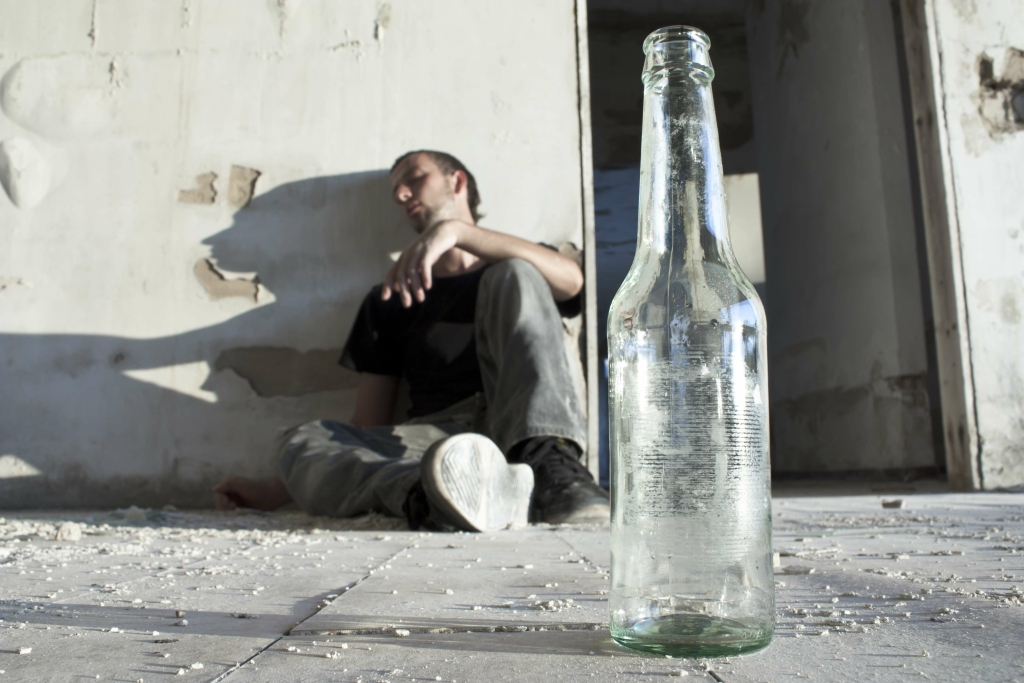Drugs used for other conditions — like smoking, pain, or epilepsy — also may help with alcohol use disorder. Research shows that most people who have alcohol problems are able to reduce their drinking or quit entirely. All approved medications are non-addictive and can be used alone or in combination with other forms of treatment. While we are unable to respond to your feedback directly, we’ll use this information to improve our online help.
- A very high rate of alcohol abuse occurs among people who have survived sexual or physical abuse.
- Art and music are mediums of creative expression which can enhance the recovery process.
- Even having difficulty working or staying employed because of their drinking behavior.
If you or someone you know is battling alcoholism or addiction to another substance, you may want to consider treatment. For more information on group therapy or treatment options for alcoholism, contact a treatment provider today. At this stage, the focus will shift from alcoholism to other, more important underlying issues, such as low self-esteem, trauma, feelings of guilt or shame, and relationship problems.
Types of Behavioral Treatments
Alcohol use disorder is what doctors call it when you can’t control how much you drink and have trouble with your emotions when you’re not drinking. Some people may think the only way to deal with it is with willpower, as if it’s a problem they have to work through all on their own. Based on clinical experience, many health providers believe that support from friends and family members is important in overcoming alcohol problems. But friends and family may feel unsure about how best to provide the support needed. The groups for family and friends listed below may be a good starting point.

Once doctors agree the patient is done detoxing, they’re ready to begin psychotherapy. If you are considering starting an alcohol detox, you should first research ways to cope with alcohol withdrawal. Alcohol addiction is a complicated disorder that’s caused by a wide variety of different factors. Nearly 5.1% of U.S. adults engage in heavy drinking, but recovering from an alcohol addiction often requires much more than simply putting down the bottle.
Next steps
When compared with other treatment approaches, studies have had mixed results. Some show CBT to be more effective, while others show it to be of equal, but not greater, effectiveness than other treatments. Substituting old habits that contribute to substance use with more positive and enduring actions enhances a person’s ability to function and aids in long-term recovery. Group therapy or a support group can help during rehab and help you stay on track as life gets back to normal. Alcoholism is a common and different term for alcohol use disorder. Milder cases — when people abuse alcohol but aren’t dependent on it — are as well.

There is now a convincing answer to the question of “can you recover from alcoholism.” It is much easier to beat alcoholism with the help of trained professionals at a rehab center. An inpatient rehab center’s program of recovery for alcoholics involves therapy and intensive counseling to help find positive ways of coping with the issues that led them to start abusing alcohol, to begin with. Treatment programs last for a minimum of 30 days and can go on for one year. Ideally, one should choose a facility located in a quiet and peaceful area, where it is easier to focus on getting better. A person recovering from alcoholism is encouraged to transition to outpatient treatment after completing his or her residential stay.
Guided Self-Change (GSC)
The “SMART” stands for “Self-Management for Addiction Recovery.” The program uses a four-point system to help empower individuals, equipping them with the knowledge and skills needed to overcome addiction effectively. These four steps are realistic and research-based and are meant to help individuals understand how to get over their addiction and stay away from https://g-markets.net/sober-living/14-reasons-being-sober-makes-your-life-better/ it. It might be hard to find a certified family therapist physically close by, but luckily a professional providing the same service through an online platform can be equally right for you. The therapist providing online therapy balances out the difficulties of distance, availability and affordability that may come with trying to find a therapist near you.
Homework is generally given after every DBT group skills training sessions, so individuals can practice some of the things they learned in their daily lives between sessions. Therapists are available for phone coaching with individuals in between sessions, often around the clock, to help people through specific situations in the moment. Individual DBT sessions also run concurrently with group sessions, and typically, Alcohol intolerance Diagnosis & treatment a person will attend these once a week as well. Ria Health’s online treatment program offers complete support to cut back or quit drinking, from the comfort of home. One of the biggest goals of psychotherapy is helping clients anticipate challenges to sobriety and respond in empowering ways. CBT looks at the thought patterns behind addiction, while DBT looks at the psychosocial dynamics surrounding it.
Seeking Safety is a therapeutic approach designed for people with both an SUD and post-traumatic stress disorder (PTSD). For instance, a client might have the opportunity to win $100 after having a drug-negative urine sample. In some programs, people have a better chance of winning the longer they remain drug-free. Several psychological treatments are supported by research and have been deemed appropriate by the American Psychological Association (Division 12) for treating SUD. In these studies, CBT has been shown most effective when compared with having no other treatment at all.
- This stage begins after approximately three months of not drinking alcohol.
- Studies have indicated that yoga and meditation can function as therapy for people with substance use disorders, especially if the sessions are led by a mental health professional and supplement other treatment.

